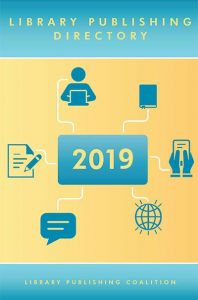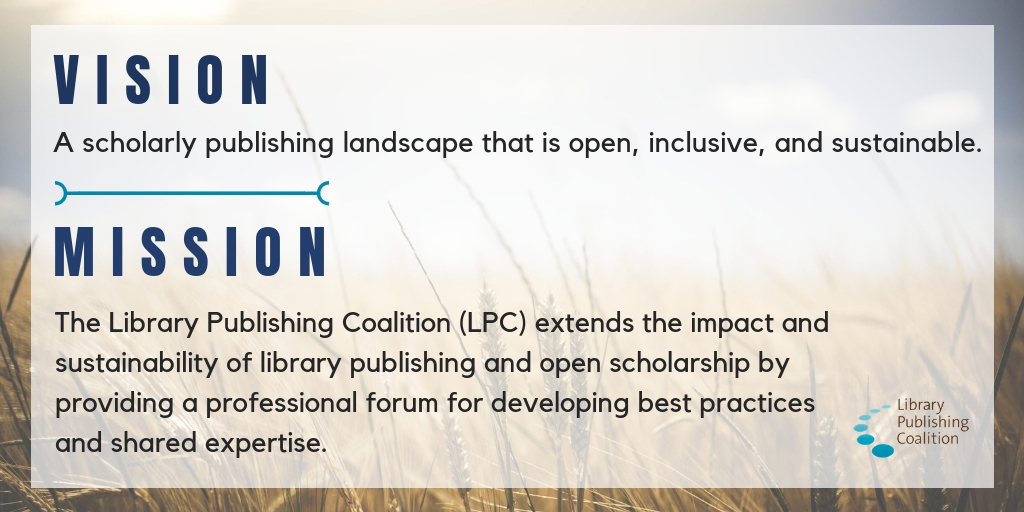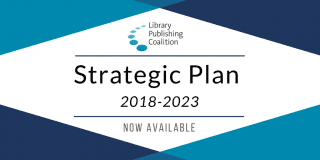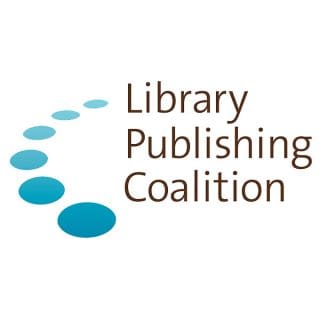
February 11, 2019
Community Acceleration
By Melanie ScholsserHow do you know when it's time for a strategic plan?
The question of when to tackle formal strategic planning is a tricky one for any community. Strategic plans can be powerful instruments for communities that are ready for them, but at some stages of community development, a labor-intensive planning process may sap energy needed elsewhere or stymie playful innovation. We’ve found that strategic planning is most likely to be successful (and useful) when a community is an an acceleration phase – it’s come through initial formation and validation activities and is formalizing and scaling up its efforts. (For more about the different phases of community development, see the Community Cultivation Field Guide). The Library Publishing Coalition’s (LPC) recent strategic planning process provided a great example of this.
The build up: The LPC spent its first three years building community, developing an effective set of committees and task forces to carry out its work, and producing resources for library publishers. By 2017, it had a robust governance structure and a strong portfolio of activities – from annual ones like the Library Publishing Directory and the Library Publishing Forum to one-off events and publications. It also had a passionate and growing community of member libraries deeply engaged in the work of the organization. What it didn’t have was a unifying set of goals to channel that energy. To help provide this missing piece, the LPC Board and Educopia began a strategic planning process.
Community involvement: LPC already had extensive community input to draw on in developing the plan, including membership meeting discussions and a summer 2017 member perspectives survey. To provide community members with an opportunity to be involved more directly in the strategic planning process, the LPC Board put out a call for volunteers for a strategic planning “support group.” This group of more than 20 community members served as a sounding board, an extra set of eyes, and a pool of volunteers for working groups. LPC’s leadership kept them regularly updated about progress, ensuring that there was a pool of active community members who knew that headway was being made on strategic planning.
The role of the facilitators: Educopia staff guided the Board through a series of exercises, including:
- An environmental scan
- A SWOT analysis
- A revision of the organization’s vision, mission, and values (they’re really great – check them out)
All of this culminated in the drafting of the plan itself. Educopia facilitators helped both to keep the process moving (convening meetings, facilitating conversation, and following up on tasks) and to guide the Board towards a plan that would help them achieve their goals. The final draft of the plan was shared with the LPC membership for comment, and went through one final round of revision before its public release in August of 2018.
The implementation of the plan: Understanding that a strategic plan is only as good as its implementation, the Board encouraged the community to make use of the plan. The sustained attention of Educopia staff has helped to keep the plan front-and-center for LPC’s committees as they undertake their work for the 2018-19 program year, and the result has been not only helpful guidance for those groups, but also a more coherent set of programs and projects, all pulling towards the same set of goals. Probably the best measure so far of the utility of the new plan is that committee members, when asked to consult the strategic plan for guidance on something, have said things like, “Oh, wow – this is great!” rather than, “Not that thing again!” (I’ll admit, I was a little worried about that).
The outcome: From start to finish, the strategic planning process took slightly more than a year, and required a substantial investment of time by staff, elected leadership, and the community as a whole. (The Board, in particular, breathed a big sigh of relief when it was done.) The investment of time and effort probably wouldn’t have been worth it any earlier in the life of the LPC, but at that particular moment, it was exactly what the organization needed, and the resulting strategic plan is one of the best I’ve had the pleasure to work with.
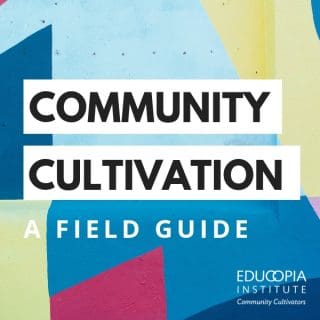
To learn more about the Library Publishing Coalition’s activities and how you can get involved, visit their membership page. Keep tabs on recent happenings by subscribing to LPC’s newsletter.
And if you’re curious about Educopia’s approach to the formation and evolution of collaborative communities, Community Cultivation: A Field Guide has a wealth of activities, tools, and hard-won lessons for community organizers and leaders.
